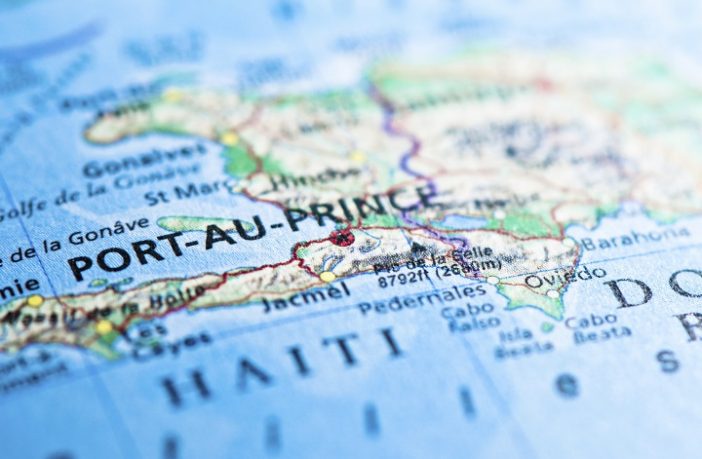For decades — long before the assassination of President Jovenel Moïse last week — Haiti has been an economic basket case and political backwater. So global sympathy for Haitian migrants is understandable.
Yet many Haitians seeking asylum at the U.S.-Mexico border aren’t coming from the unfortunate island at all, and haven’t lived there in years.
In a new report, Todd Bensman of the Center for Immigration Studies details how a Haitian diaspora took root in South America, with the government of Chile providing safe harbor to some 185,000 Haitians, and Brazil hosting thousands more.
Now, tens of thousands of those emigrants are showing up at the United States’ southern border. Many are well dressed with modern cell phones and cash for smuggling fees, Bensman reported along the Haitians’ northward trek through Costa Rica.
Migrants freely acknowledged that they had established homes, families and jobs in Chile. One, a baker and Uber Eats driver in Santiago, said his four years there were “a thousand times better” than in Haiti. So why seek asylum here? “Because life in the United States will be a million times better,” he chuckled.
But there’s a problem. According to U.S. immigration law, such migrants are ineligible for asylum because they were already “firmly resettled” in a safe country.
Haitians figure they can work around this stricture by not mentioning Chile or Brazil. But, Bensman notes, “Even citing their homeland can be a stretch for immigration judges because political unrest there affects a fractional few; most Haitians are fleeing poverty, which is generally not a legitimate basis for asylum.”
Former immigration judges say the real purpose of mounting an asylum claim is to buy time in the United States. Many applicants who lose their case will settle for illegal residence. Under the Biden administration’s loose/nonexistent enforcement policies, there is little risk of deportation. Meantime, the current backlog for asylum case adjudications is three years, and appeals can stretch that into many more.
As added insurance, Haitians can apply for Temporary Protected Status (TPS), a renewable form of relief that prevents deportation and grants work authorization, sometimes for decades. The administration issued just such a renewal – the fifth one – in May.
Homeland Security Secretary Alejandro Mayorkas, who ordered the renewal, recently announced that new waves of Haitian migrants will not be granted refuge if they arrive by boat. So they’re coming by land, and this administration’s ever-expanding asylum program, which renders moot the entire body of immigration law, will admit them.





1 Comment
Pingback: Haitians Banking on Bogus Asylum Claims | 198 Immigration News